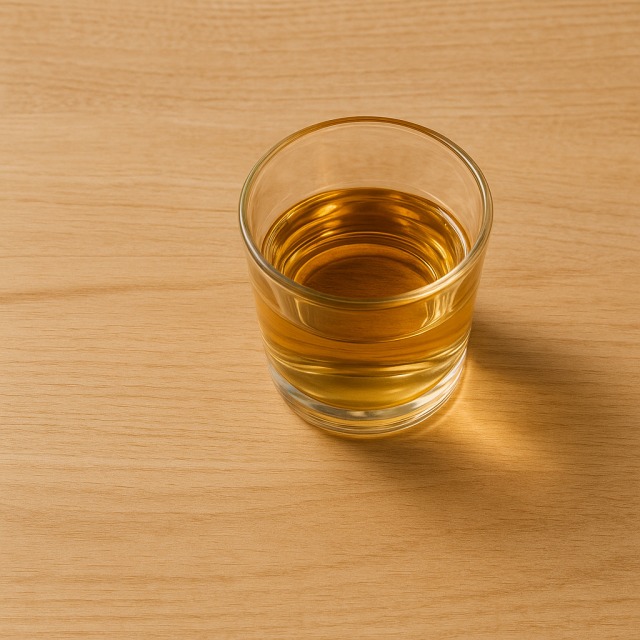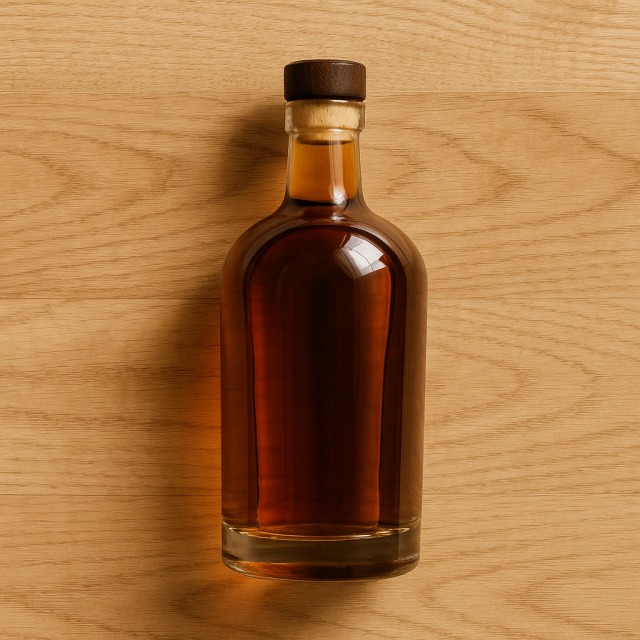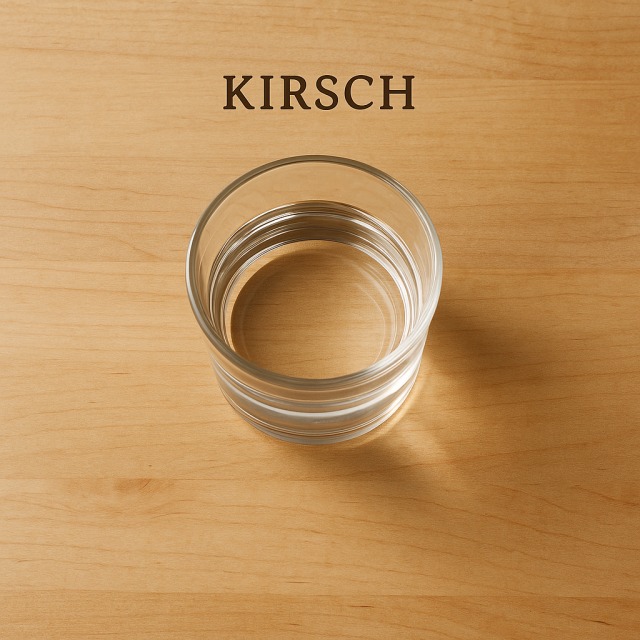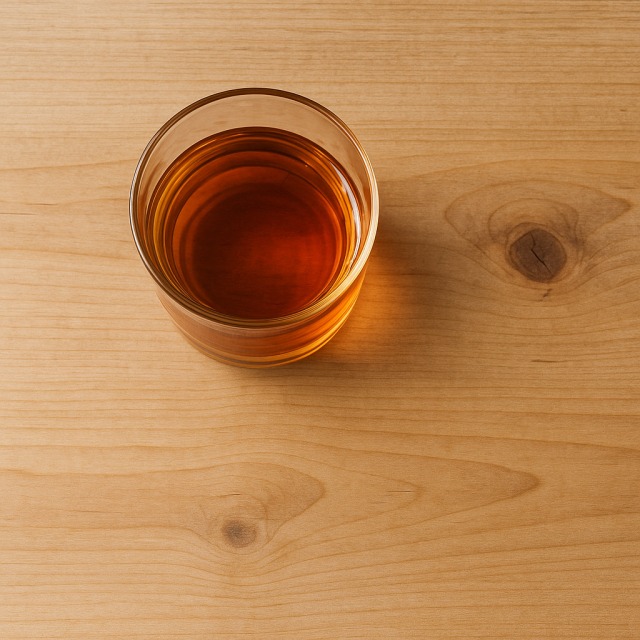Calorie Chart / Beverages / Port
How Many Calories Are in Port?
Calculation of the nutritional value & Recommended Dietary Intake of port
For ml and a calorie requirement of kcal
| Calories 100 kcal | Proteins 0 g | Lipids 0 g | Carbohydrates 7 g |
| 5% | 0% | 0% | 3% |
Health benefits of port

Port - 100ml
Calories 143 kcal
Proteins 0 g
Lipids 0 g
Carbohydrates 10 g
Port is a fortified wine originating from Portugal's Douro Valley. Because sugar is added during fortification, it is considered a high-calorie beverage. When users search for "port calories," they usually want to understand how these calories fit into their daily allowance. Compared with dry red wine, port packs more calories per sip, so people watching their calorie intake should take serving size seriously.
Beyond calories, port delivers interesting micronutrients. The red grape skins provide polyphenols such as resveratrol and quercetin, compounds studied for their antioxidant properties. Small amounts of potassium, iron, and magnesium are also present. These nutrients do not cancel the calories, yet they add nutritional value that explains why moderate consumption has been linked—supposedly—to cardiovascular benefits in some studies.
Historically, port was created so that wine could survive long sea voyages: brandy was added to stop fermentation and stabilize the wine, which incidentally locked in sugar and therefore calories. From vintage to tawny, all styles share this enriched profile. Enjoying port in moderation means enjoying its tradition, its aromas of dried fruit and spice, and its calories with full awareness.
Tips for incorporating port into a balanced diet
A standard serving of port is 6–8 cl; sticking to this measure helps keep calories under control. To integrate it into a balanced diet, pair a small glass with nutrient-dense foods so the overall meal remains reasonable in calories.
- Cheese board: a few cubes of blue cheese, some walnut halves, and slices of apple provide protein, healthy fats, and fibre while limiting extra calories from added sugar.
- Dessert pairing: a square of dark chocolate (70% cocoa) provides magnesium and keeps calories predictable compared to richer pastries.
- Savoury cooking: use 2–3 tablespoons of port to deglaze a pan after searing duck breast. The alcohol largely evaporates, but calories from the sugar remain modest in such a small quantity.
Whether you choose ruby, tawny, or vintage, think of port calories as a bonus you have to "budget" for. Balancing those calories with lean proteins, vegetables, or whole-grain sides prevents the meal's total calories from spiralling. Just like with red wine or brut champagne, enjoying port slowly helps you register flavour before the calories add up.
Frequently Asked Questions
- How many calories are in port?
- There are 143 kcal per 100 g. A typical 75 ml glass therefore supplies roughly 110 calories, so factor those calories into your daily total.
- Are port calories mainly from sugar or alcohol?
- Port calories come from both sources: unfermented grape sugars and the added brandy. Roughly half the calories are from carbohydrates and half from alcohol.
- Is port more caloric than regular red wine?
- Yes. Because it is fortified and sweeter, port usually delivers 30–50% more calories per millilitre than dry red wine, so its calories accumulate faster.
- How can I burn off the calories from one glass of port?
- A brisk 20-minute walk or 15 minutes of moderate cycling will burn approximately 110 calories—the same number of calories contained in a small glass of port.
- Does cooking with port reduce its calories?
- The alcohol evaporates, but the sugar remains; therefore, most calories stay in the dish. However, if you only splash a few tablespoons into a sauce for roast beef, the added calories are minimal.
- Can I include port on a calorie-controlled diet?
- Yes, provided you log the calories accurately and balance the meal with low-calorie foods like broccoli or carrot. Planning keeps port calories from tipping you over your target.
Similar foods
Alcohol consumption may be harmful to your health. Please drink responsibly. Do not drink and drive. Not recommended during pregnancy. Must be of legal drinking age.
Information provided by Calorie Menu may contain inaccuracies or errors. It cannot, under any circumstances, substitute medical advice or medication.










